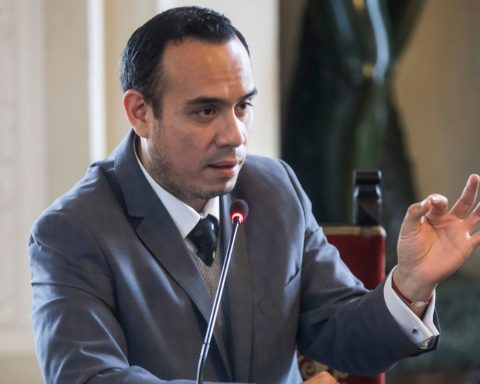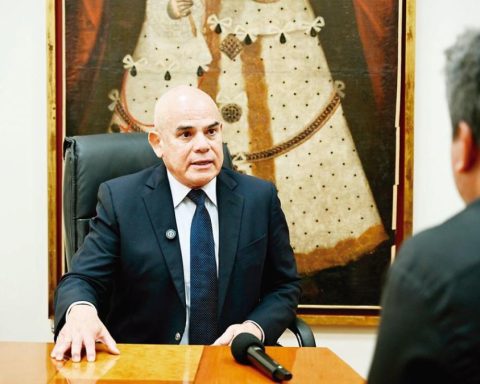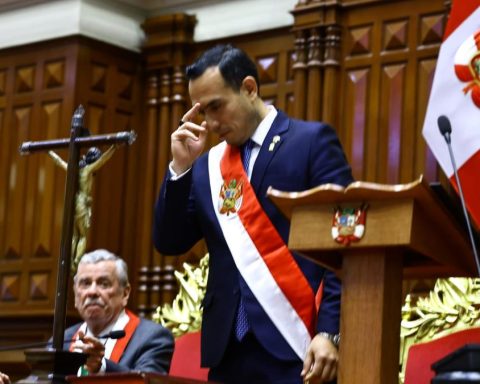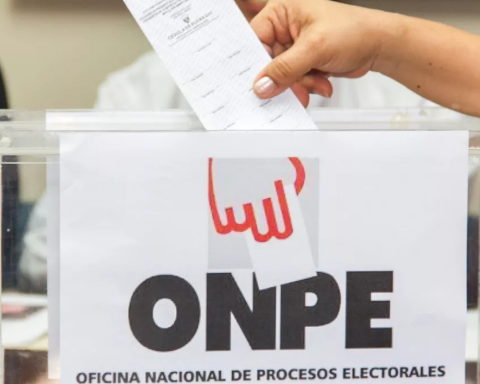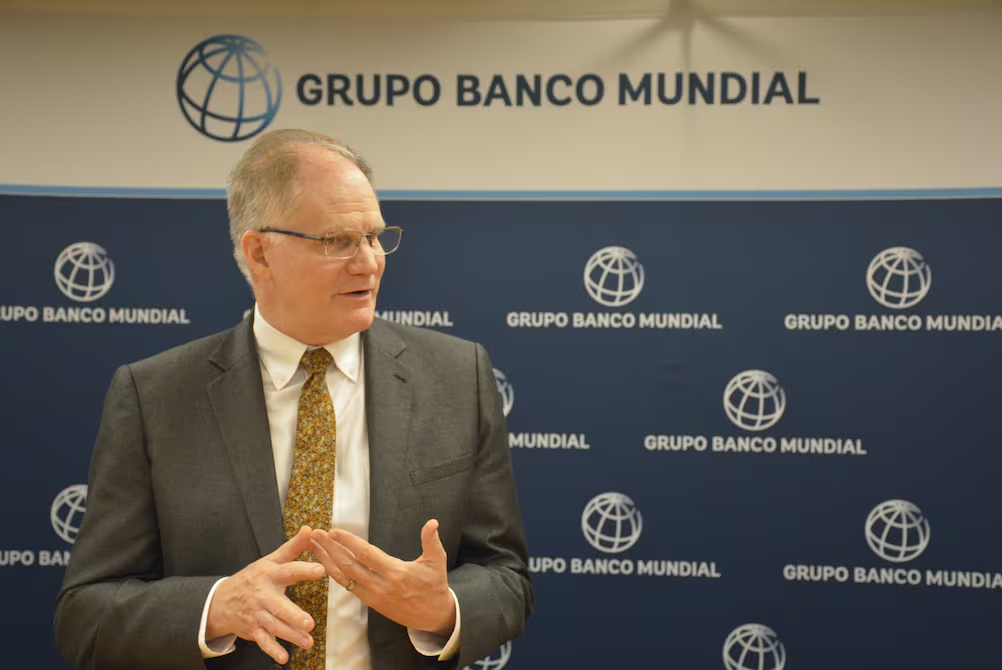According to Scotiabankthe debt of Peruvians reaches worrying levels. Currently, the percentage of credits of families is 32%, a figure higher than the 24% they reached during the pandemic. This indicator highlights the risk faced by the family economy in the country, the direct impact of a persistent economic crisis, the increase in inflation and instability
labor.
Behind this discouraging panorama, what role do collection companies play in this scenario? Traditionally, they are seen as a feared actor, whose only function is to pressure collection. However, these companies are undergoing a profound transformation process, which positions them as a collection, support, education and prevention agent.
Today collection companies focus their efforts on providing ethical and transparent solutions that allow people to improve their financial situation. This vision is based on four fundamental pillars: respectful communication, flexibility in payment plans, financial education and transparency. Instead of intimidating or harassing, they seek to establish an honest and fair dialogue with debtors, offering real alternatives adjusted to their economic capabilities.
It’s about getting ahead of late payments through education and guidance. This strategy faces challenges such as maintaining a balance between collection objectives and respect for debtors, constantly adapting to financial regulations, efficiently managing large volumes of data, and adopting technologies that allow for more effective operations.
Traditional channels such as calls and SMS now coexist with more efficient digital platforms that facilitate payment management in a more agile and less invasive way, building a more empathetic and collaborative relationship, and favoring people’s financial stability. A necessary paradigm shift in a country where debt is growing and where non-payment has become a daily reality.
When people are treated with respect, understanding their financial difficulties, the debt recovery process stops being a source of anguish and becomes financial healing. In times of crisis, we need more than ever responsible collection companies that don’t just think about debt as a number to collect, but about the people behind those numbers. At the end of the day, the goal is the economic well-being of all stakeholders involved.

